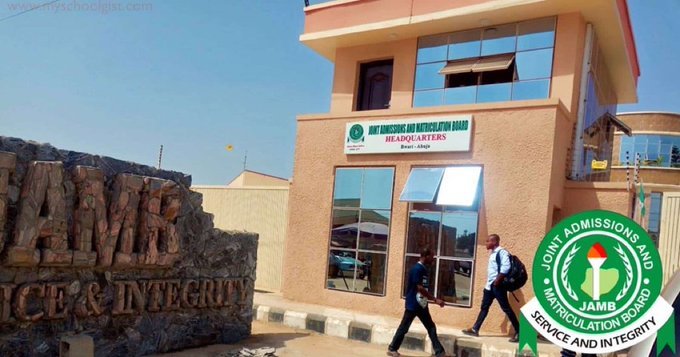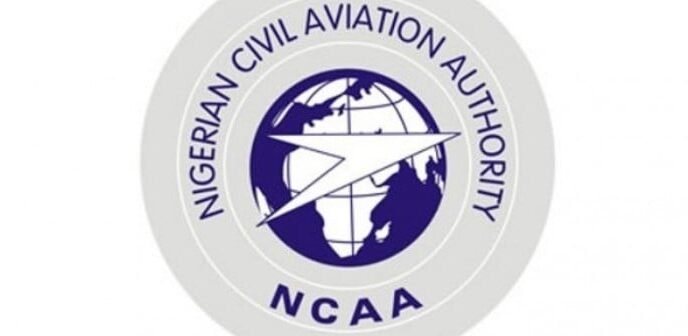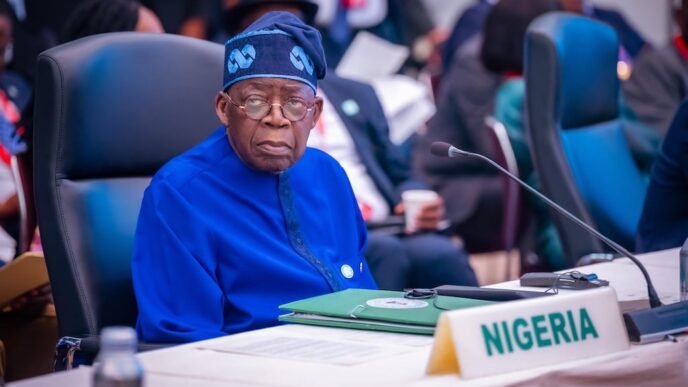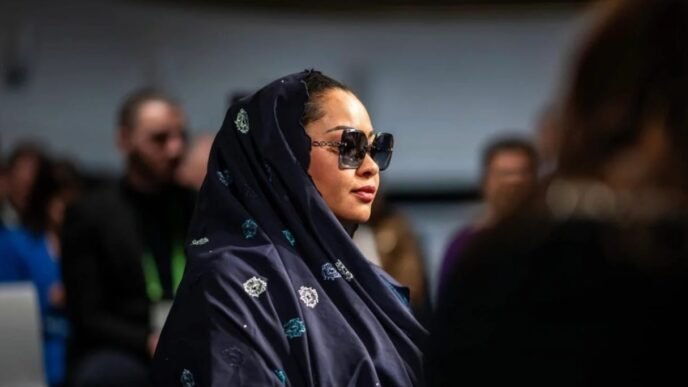In a major step toward strengthening Nigeria’s healthcare system and pharmaceutical independence, the European Union (EU), France, and the Federal Government of Nigeria have signed a landmark €10.2 million agreement aimed at boosting local medicine production and improving access to essential drugs across the country.
The strategic partnership, announced on Friday in Abuja, represents a significant milestone in Nigeria’s long-term ambition to reduce dependence on imported pharmaceuticals and develop a sustainable, self-sufficient healthcare manufacturing ecosystem.
Background of the Initiative
The deal, known as the “Team Europe Initiative on Manufacturing and Access to Vaccines, Medicines, and Health Technologies in Nigeria,” was signed under the umbrella of the broader EU–Nigeria cooperation framework for sustainable development and public health resilience.
Funded jointly by the European Union and the Government of France, the €10.2 million (approximately ₦17 billion) program will be implemented in partnership with Nigeria’s Federal Ministry of Health and Social Welfare, the National Agency for Food and Drug Administration and Control (NAFDAC), and local pharmaceutical manufacturers.
According to the European Union’s Ambassador to Nigeria and ECOWAS, Samuela Isopi, the project is designed to strengthen Nigeria’s pharmaceutical value chain—from raw material sourcing and manufacturing to regulation and distribution.
“This initiative is part of the EU’s broader commitment to supporting Africa’s health sovereignty,” Ambassador Isopi stated during the signing ceremony. “Nigeria, as the continent’s largest economy and a regional leader, plays a critical role in ensuring that Africa can produce its own medicines and vaccines for its people.”
France’s Contribution and Strategic Role
France, through its development agency, Agence Française de Développement (AFD), is contributing a significant portion of the funding to help Nigeria enhance its pharmaceutical manufacturing standards and attract sustainable investment into the sector.
French Ambassador to Nigeria, Emmanuelle Blatmann, reaffirmed France’s commitment to supporting Nigeria’s industrial transformation in the health sector.
“Our objective is to empower Nigerian manufacturers with the technical expertise, regulatory framework, and financial tools necessary to produce high-quality, affordable medicines locally,” Ambassador Blatmann said. “France stands ready to support Nigeria’s journey towards achieving pharmaceutical sovereignty, which is crucial for public health security.”
The AFD’s technical assistance will focus on capacity-building programs for pharmaceutical companies, the development of quality assurance systems, and the modernization of local drug production facilities to meet global standards such as Good Manufacturing Practice (GMP).
Nigeria’s Commitment to Health Independence
Representing the Nigerian government at the signing, Minister of Health and Social Welfare, Prof. Muhammad Ali Pate, described the agreement as a “transformative partnership” that aligns with President Bola Tinubu’s administration’s goal of achieving universal health coverage and boosting local production of essential medicines.
Prof. Pate emphasized that Nigeria currently imports more than 70% of its medicines and medical supplies, a dependence that exposes the nation to global supply shocks, currency volatility, and high drug prices.
“The COVID-19 pandemic revealed the vulnerability of nations that rely heavily on imports for critical health supplies,” Pate said. “This partnership with the EU and France is a bold step toward reversing that trend. Our aim is to make Nigeria not just self-sufficient but also a hub for high-quality pharmaceutical production in West Africa.”
The minister highlighted that the initiative would also improve the availability of life-saving medicines for diseases such as malaria, tuberculosis, HIV/AIDS, and non-communicable diseases like diabetes and hypertension, which continue to affect millions of Nigerians.
Implementation and Expected Impact
The €10.2 million agreement will be implemented over four years and is expected to support a comprehensive reform of Nigeria’s pharmaceutical production landscape.
Key components of the project include:
- Upgrading Local Manufacturing Facilities:
The initiative will provide technical assistance and financial support to select Nigerian pharmaceutical manufacturers to help them meet international production and safety standards. - Regulatory Strengthening:
NAFDAC will receive targeted capacity-building support to enhance drug regulation, streamline product registration, and ensure stronger quality control mechanisms. - Technology Transfer and Training:
Partnerships with European pharmaceutical firms will enable knowledge transfer, training programs, and exposure to advanced manufacturing technologies. - Investment Facilitation:
The project will also help Nigerian firms attract private investment and participate in regional supply chains under the African Continental Free Trade Area (AfCFTA). - Job Creation and Economic Growth:
By localizing medicine production, the initiative is projected to create thousands of direct and indirect jobs in Nigeria’s pharmaceutical and healthcare sectors, while reducing import costs and foreign exchange pressures.
European Union’s Broader Health Agenda in Africa
The EU–Nigeria deal forms part of the wider Team Europe Initiative, which aims to strengthen Africa’s capacity to produce vaccines, medicines, and health technologies across the continent.
Since 2021, the EU has committed more than €1 billion to support Africa’s health resilience, focusing on local vaccine manufacturing, public health research, and the establishment of regulatory harmonization across African regions.
Ambassador Isopi noted that Nigeria’s inclusion in the initiative reflects the EU’s confidence in the country’s human capital and industrial potential.
“We recognize Nigeria’s leadership in West Africa,” she said. “By investing in local capacity here, we are investing in the health and future of millions of Africans.”
Private Sector and Industry Reactions
The Pharmaceutical Manufacturers Group of the Manufacturers Association of Nigeria (PMG-MAN) welcomed the agreement, describing it as a “timely intervention” that could revolutionize the nation’s healthcare industry.
Dr. Fidelis Ayebae, Chairman of PMG-MAN, said that the partnership would help address long-standing challenges in the industry, including inadequate access to financing, infrastructure gaps, and outdated manufacturing technologies.
“With proper implementation, this initiative can reposition Nigeria as the pharmaceutical hub of West Africa,” Ayebae stated. “We expect that the EU and France’s support will complement ongoing government reforms to stimulate private sector growth.”
He further urged the government to ensure that the project’s benefits reach smaller local manufacturers, not just the big players in the sector.
Economic and Social Benefits
Analysts say the EU–France–Nigeria partnership could yield substantial economic and social dividends.
Local production of essential medicines will help Nigeria save billions of naira annually in import bills and foreign exchange outflows. It will also stabilize medicine prices, improve drug availability, and enhance the resilience of the healthcare system.
Economist and public policy expert, Dr. Muda Yusuf, noted that the deal aligns with Nigeria’s industrial policy goals under the National Development Plan (2021–2025).
“This kind of collaboration bridges the gap between health and industrial policy,” Yusuf explained. “It’s not just about improving healthcare; it’s about stimulating manufacturing, creating jobs, and building a sustainable economy.”
Conclusion
The €10.2 million partnership between the European Union, France, and Nigeria marks a defining moment in Nigeria’s healthcare transformation agenda. It represents a shared vision for a self-reliant, innovative, and sustainable pharmaceutical sector that serves the needs of Nigerians and strengthens Africa’s health security.
As the implementation phase begins, stakeholders across government, industry, and international development circles will be closely monitoring progress to ensure that this landmark agreement delivers tangible outcomes — affordable medicines, stronger regulation, and a resilient health system for all Nigerians.














